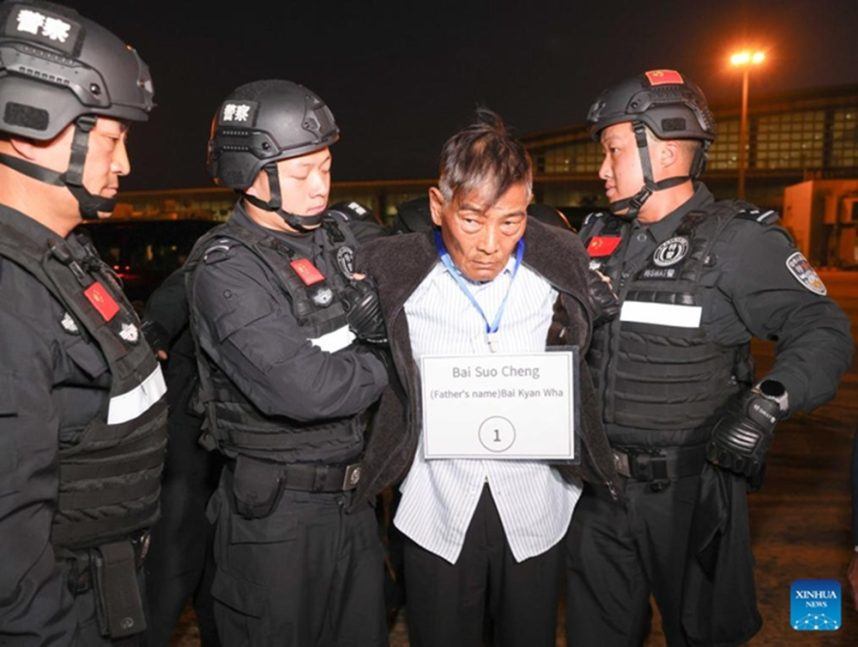China Sentences Casino Scam Warlord Bai Suocheng to Death
Posted on: November 5, 2025, 01:39h.
Last updated on: November 5, 2025, 01:56h.
- China ends decades-long tolerance of Kokang’s powerful crime lord
- Bai Suocheng’s empire collapsed after cyberfraud targeted Chinese citizens
- Verdict signals Beijing’s tougher stance on borderland criminal fiefdoms
A court in China has sentenced to death a notorious warlord who once ruled over the casino town of Laukkiang in Myanmar’s semi-lawless Shan state as his own personal fiefdom.

Over two decades, Bai Suocheng transformed the once sleepy border town into a hotspot of gaming venues and prostitution – and later a hub for scam centers where thousands of trafficked workers were imprisoned and forced to defraud others in operations worth billions to their captors.
$4B Operation
Bai and 20 of his family members and associates were found guilty by the Shenzhen Intermediate People’s Court in Guangdong Province of crimes, including fraud, kidnapping, premeditated murder, operating a casino, organizing prostitution, and smuggling, according to Chinese state media outlet Xinhua.
Chinese prosecutors said Bai’s gambling and fraud operations were worth around US$4 billion and resulted in the deaths of at least six Chinese citizens. Bai has also been separately convicted of conspiring to traffic and manufacture 11 tons of methamphetamine.
Along with Bai, four members of his organization were also sentenced to death, including his son, Bai Yingcang.
Two others were handed suspended death sentences, while five received life imprisonment, and nine others were given prison terms ranging from three to 20 years.
Who is Bai Suocheng?
Bai is a former deputy commander of an ethnic Kokang Chinese rebel army who later gained power by allying with Myanmar’s military junta. He ruled Laukkiang through his own private militia, enjoying near autonomy in the region — long a stronghold of ethnic rebel groups — in return for his support of the junta.
He was at first tolerated by Beijing, perhaps because he provided relative stability to the volatile region on the Yunnan–Myanmar border, preventing open conflict or refugee flows into China and facilitating cross-border trade, while not directly challenging Chinese interests.
It was only when his telecom-fraud and trafficking operations grew large enough to threaten domestic stability and fuel public anger that Beijing revised its attitude toward the warlord.
In November 2023, Chinese prosecutors issued warrants for the arrest of Bai and his cronies. Emboldened, ethnic rebels fighting against the junta stormed Laukkaing, freeing trafficked workers and seizing members of the ruling triad families.
Bai and his family fled but were captured by junta forces, along with members of the affiliated Ming crime family. In early 2024, they were turned over to Chinese authorities. Eleven members of the Ming family were sentenced to death by the same court in September.
No comments yet